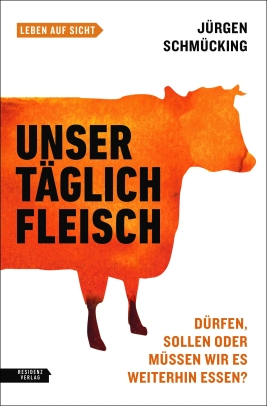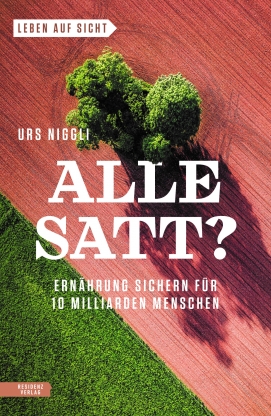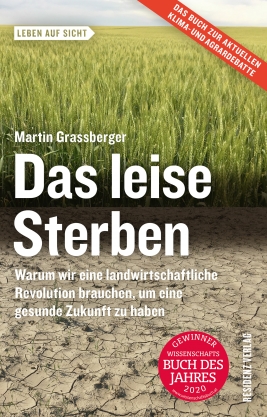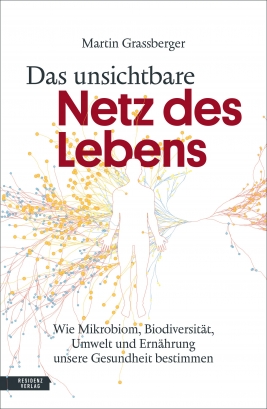
Jürgen Schmücking - OUR DAILY MEAT
Should, may or must we continue to eat it?
The ethical, nutritional and ecological issues around meat consumption and animal welfare.
'Our Daily Meat' recounts the history of meat consumption, from ancient times to the present, and asks whether eating meat is still appropriate today. The development of industrial meat production went hand in hand with the birth of capitalism and led society into a deep crisis with considerable economic and ecological problems. But both public perception and the market are changing, and respect for animal welfare is a prominent topic. Spanning past and present, the book delves into the archaeological finds relating to medieval meat stalls as well as the immense industrial slaughter houses of today. While highlighting flaws in the system, it also indicates possible ways out of the crisis, such as the renaissance of smaller enterprises and a growing trend towards conscious food choices.
Book details
Aus der Reihe "Leben auf Sicht".240 pages
format:140 x 215
ISBN: 9783701735549
Release date: 11.04.2023








